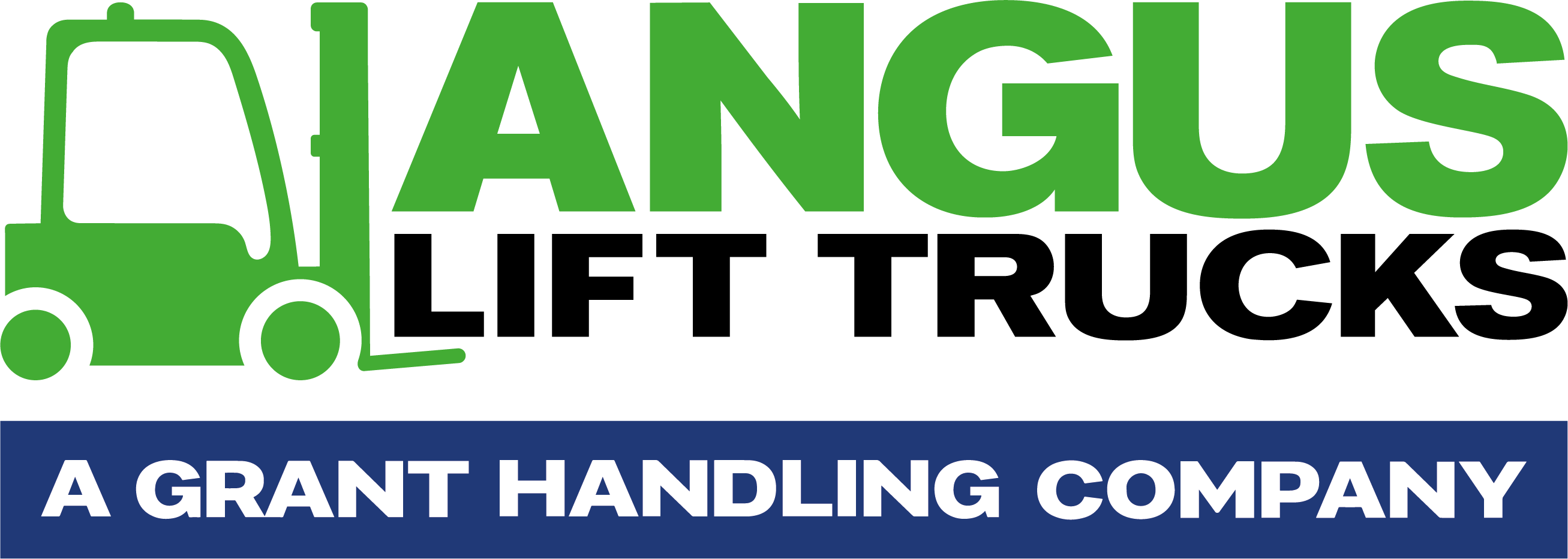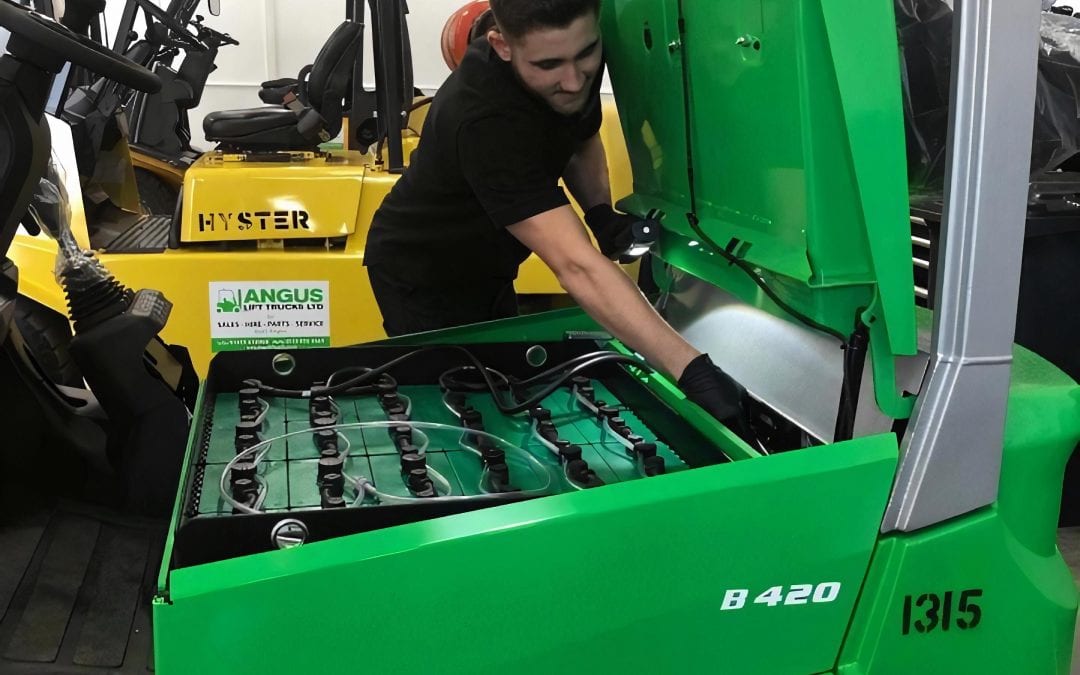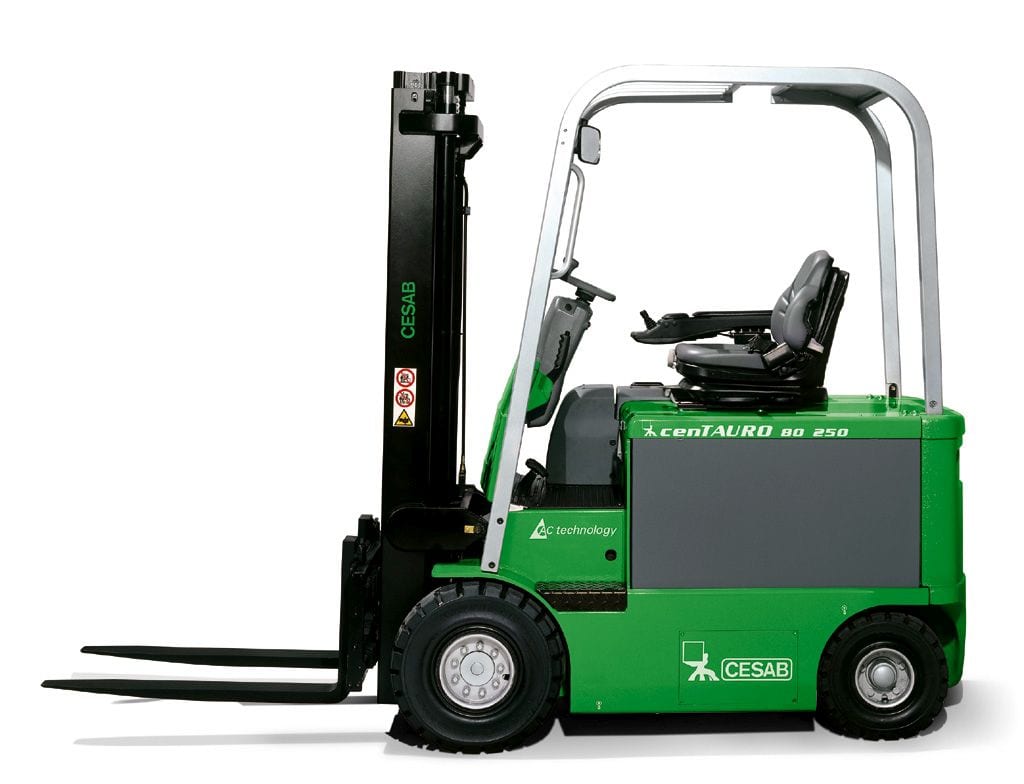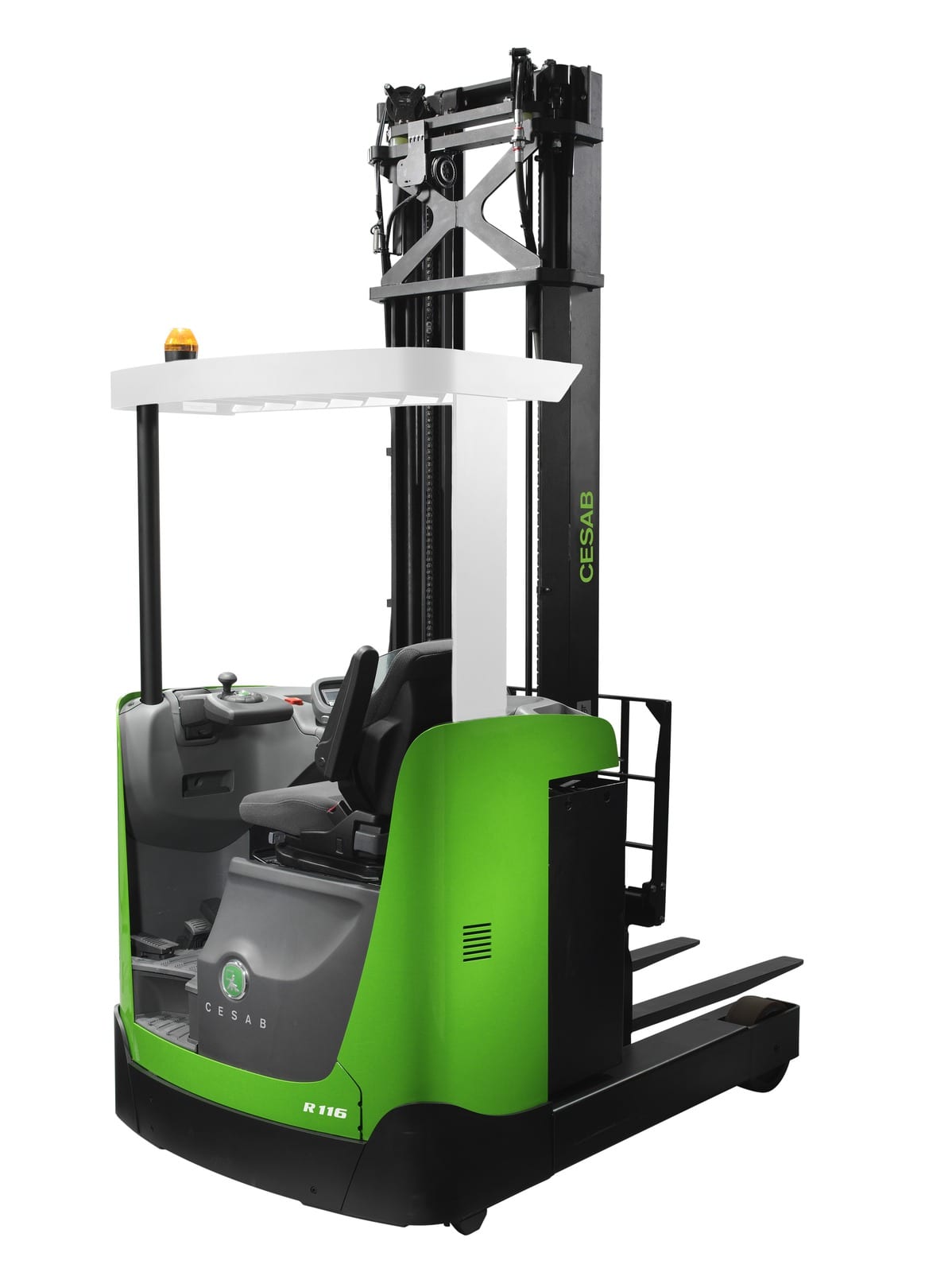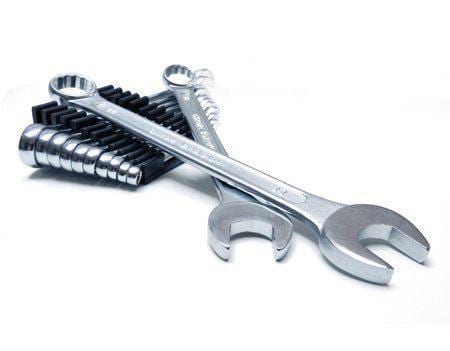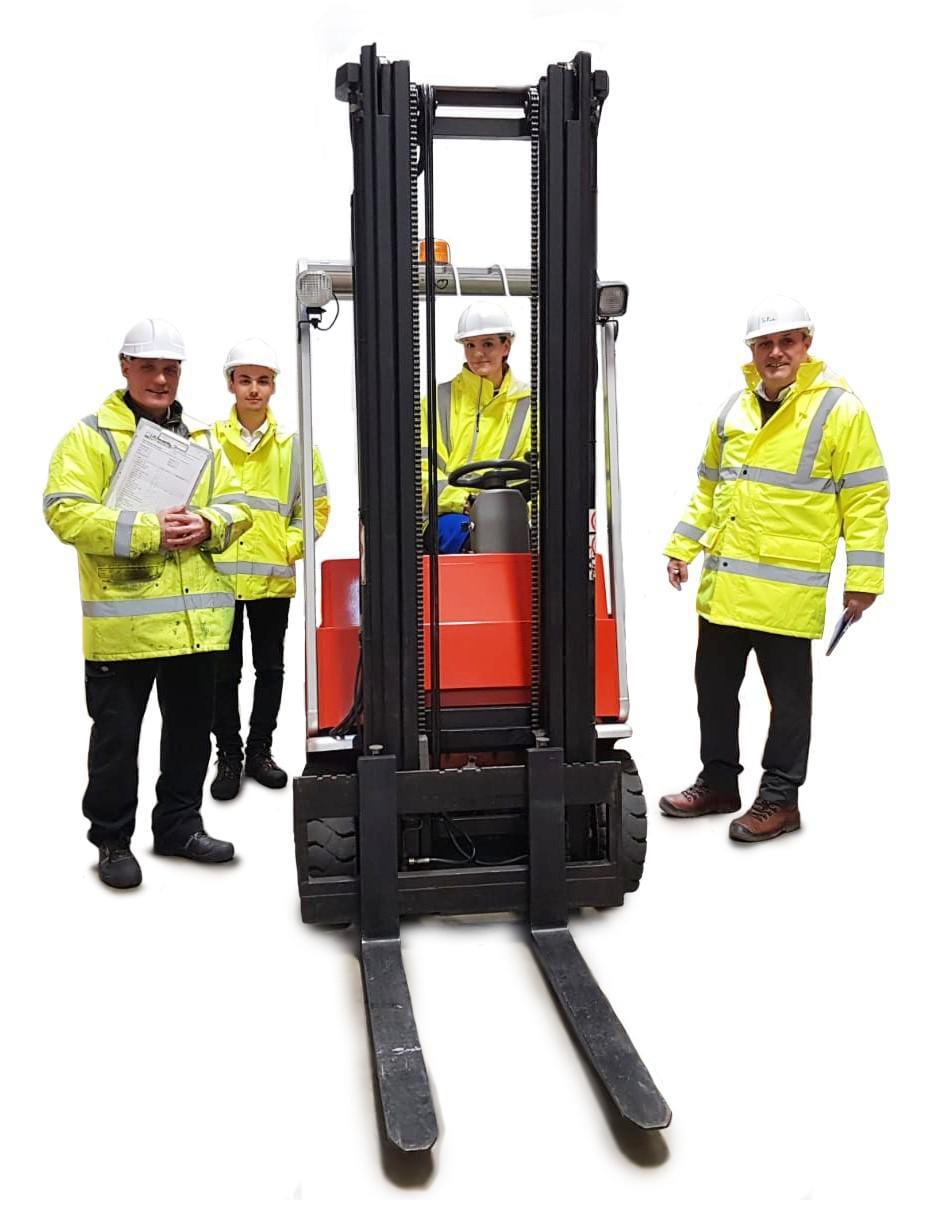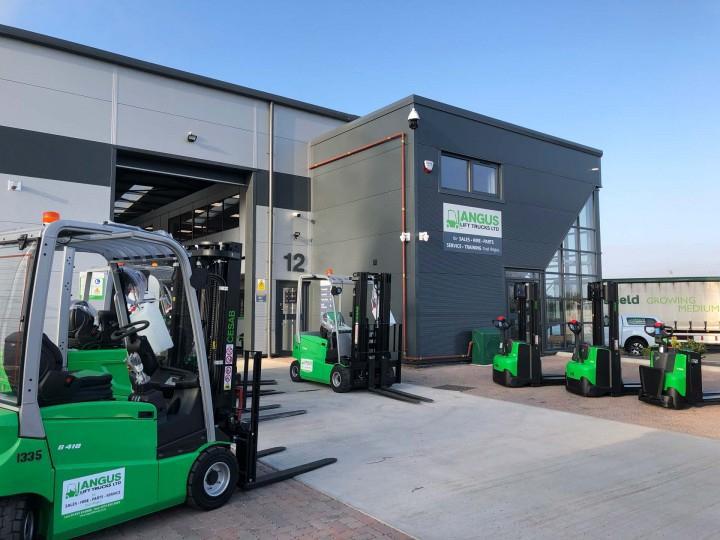Acquiring, owning, and operating a forklift can make jobs much easier. However, the machine comes with much responsibility you need to uphold to ensure your forklift’s longevity and safety. This responsibility includes servicing and maintaining your forklift regularly.
Servicing your forklift includes many different inspections conducted regularly as well as preventive and routine maintenance. Below, we’ve compiled the ultimate guide to servicing your forklift. From standard safety inspections to intensive annual inspections, we’ve covered it here.
Start by listening to our podcast episode on the main areas to look at when servicing your forck trucks:
Preventative Maintenance
A forklift in high-quality working conditions will provide you with lower repair costs in the long run alongside high-level operation and an increased lifespan. One way to ensure these benefits come true is to conduct preventative maintenance on your forklift.
Preventative maintenance means that you plan and schedule regular maintenance appointments. The maintenance needs may vary, but the result is all the same; a better working machine that will last longer.
Maintenance as Needed
As soon as you notice something isn’t quite right with your forklift, you should get it serviced. If you find a problem and let it go for some time, you risk your safety and your machine’s function. Getting the machine serviced as soon as possible will ensure the problem gets resolved immediately and your machine can operate as intended.
Forklift Cleaning
You can effortlessly prevent emergency maintenance needs if you regularly clean your forklift. Unlike a standard vehicle, you’ll want to perform a more intensive cleaning process for your forklift. Cleaning should include dust removal, choosing an appropriate soap, and using a pressure washer.
Dust Removal
Before you hose down the machine, you should go over and through the forklift with a dusting cloth. Dust can build up and obstruct vital operations, which can lead to injury and forklift damage.
You might also want to use a hoover to get any dirt out alongside dust. When using a hoover or dust cloth, make sure you get into the nooks and crannies. Before doing any dust removal, make sure you wear the proper equipment to protect yourself. Pressure Washing
While it’s not required to clean your forklift, you might want to invest in a pressure washer. A pressure washer can get even the most stubborn residue out of the machine, which will keep it in working order for longer.
Using a pressure washer will let you get into crevices you otherwise could not when cleaning with your bare hands and cloth. Plus, the pressure washer cleaning method creates a safer space for you. When you use a pressure washer, you stand at a distance from the machine, which means you are less likely to get injured while you clean.
Hand Washing
If you choose to wash your forklift by hand, you need to make sure you choose a soap that works for forklifts. In other words, you want to choose a solution that won’t corrode or interfere with the machine’s equipment.
When washing with your hands and cloth, you should start from the forklift’s top-down to the tires rather than willy nilly. Working your way down will ensure a thorough clean because it keeps dirt flowing downwards towards the ground rather than clinging to the machine.
Inspections
Ensure your forklift’s longevity by performing or getting a professional to perform various, regular inspections.
Schedule Professional Inspections for Service Intervals
In addition to your inspections and maintenance, you should schedule regular appointments with a professional for service intervals.
Before choosing days and times that work best with your schedule around the time of a service interval, you should determine the required service interval for your machine’s manufacturer standards as these service intervals vary.
Annual Inspection
You should also schedule an annual inspection no matter how many times throughout the year you service your forklift. An annual inspection should occur around 2000 hours of use, but you can also wait a year. Whichever comes first, you should schedule your yearly inspection accordingly.
Lifting Capacity Inspection
Since a forklift’s primary function is to lift materials, you must conduct regular lifting capacity inspections. These inspections entail a thorough service to the load-handling device, the elevating section, and the propulsion system. Within each of these categories, you should evaluate the equipment necessary for the correct function.
You should perform the lifting capacity inspection to determine your forklift’s lifting ability and if it can handle the machine’s maximum load capacity. For example, if your forklift has a max capacity of 4,000 pounds, the inspection will let you know if your forklift is truly capable of handling the weight.
Inspecting the load-handling device should include:
- Forks
- Movement
- Any other attachments
Inspecting the elevating section should include:
- Lift chains
- Hydraulic system
- Welds
- Fasteners
- Mast
Inspecting the propulsion system should include:
- Brakes
- Battery
- Counterweight
- Tires
Safety Inspection
Your safety is of the utmost importance when operating a forklift, which is why you should take an in-depth look at your machine for any hazards. A safety inspection includes ensuring all equipment related to the forklift is in good working condition and will perform as intended.
Besides the forklift itself, you should also conduct an area safety inspection. Ensure you don’t have any dangerous objects lying around and that you put away all distractions before operating the equipment. You should also be dressed appropriately to run the machine.
A general safety inspection should include checking the:
- Tires
- Steering wheel
- Alarms and safety lights
- Propane
- Overhead guard
- transmission
After Purchase Inspection
As soon as you purchase your forklift, you should complete an after-purchase inspection. The last thing you want after spending money on a forklift is to have to schedule immediate maintenance. To prevent any difficulties and ensure your safety before your first use, you should conduct a thorough once over of the machine right after your purchase.
If you buy the equipment directly from the manufacturer, you are responsible for taking it to a professional for an after-purchase inspection to ensure it’s in pristine condition. If you purchase your forklift from a third party or used, you should also take the machine to a professional to make sure it’s up to the manufacturer’s code and specifications.
Before Use Inspection
When it comes to maintaining your forklift, you want to conduct inspections before each use. In doing so, you ensure not only your safety before operating the machine but that the machine’s continued well-being.
Your before-use inspection, while not as intensive as other maintenance operations, should include:
- Looking for cracks or breaks in the forks and carriage
- Checking the tires’ tread for wear
- Ensuring all lights, batteries, and alarms work correctly without malfunction
- Ensuring you have sufficient oil, radiator water, fuel, and hydraulic liquid
- Clearing the radiator of any debris
- Tighten or make sure the chain is tight
- Look over the piston for any cracks or leaks
Looking to Buy or Hire
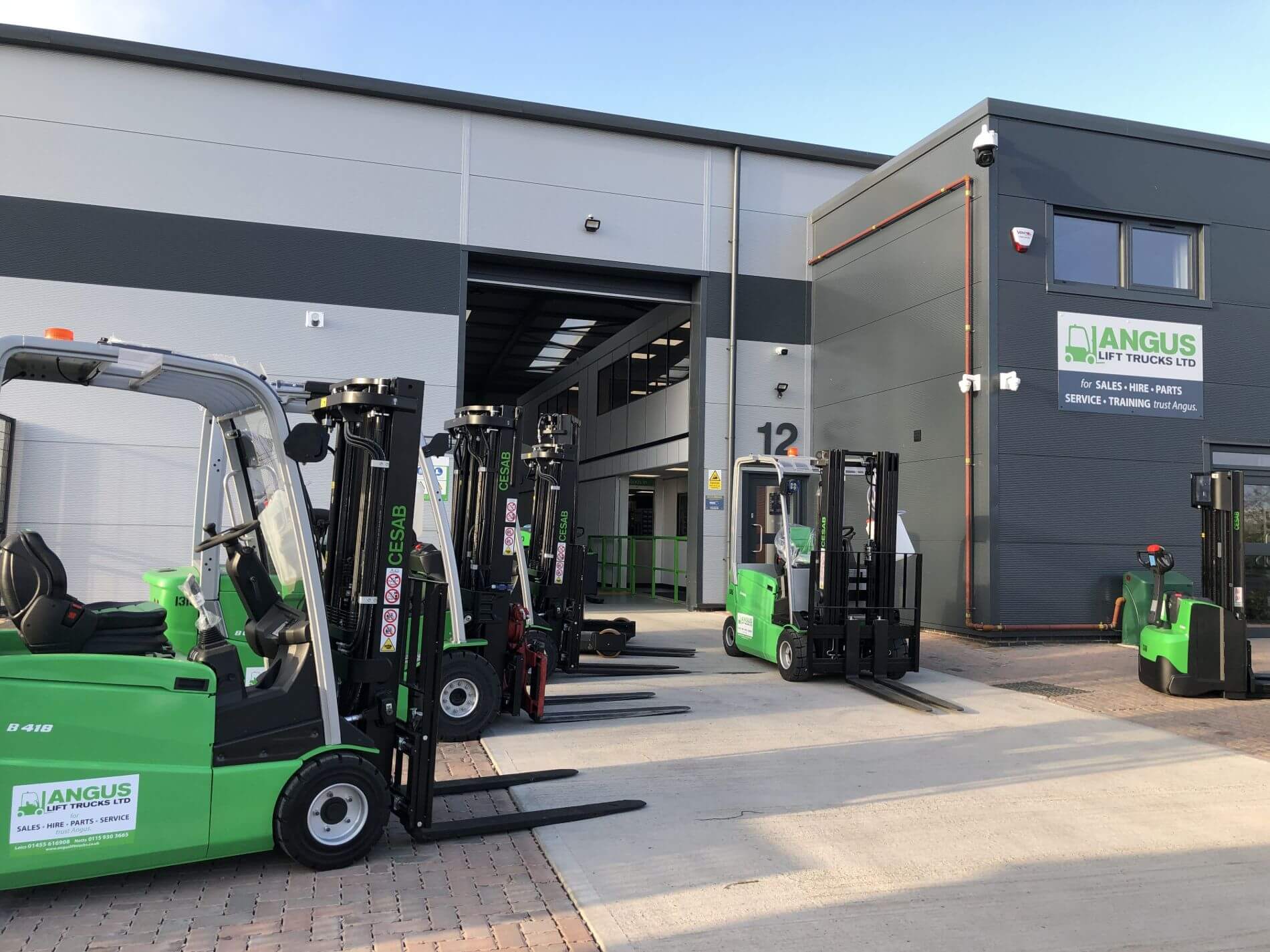
a forklift?
With 35+ years of experience, we offer our most competitive rates, flexible finance, 4h service promise & more!
How Often Should You Service Your Forklift?
You should service your forklift every 200 hours or eight days to ensure the machine runs smoothly and as intended. That said, you should also perform daily checks on the equipment as the Road Transport Industry Training Board (RTITB).
Before servicing your forklift, the operator, or you should perform routine safety inspections to ensure that nothing is obstructing the machine, no hazardous materials lying about, and that the machine operates as it should. From there, you can perform your daily servicing.
Why You Need to Service Your Forklift?
Now that you know how to service a forklift, it’s time to talk about the compelling reasons to implement a service schedule for your machines.
#1. Regulatory compliance
There are several forklift servicing requirements covered by UK law. The Lifting Operations and Lifting Equipment Regulations (LOLER) 1998, Regulation 9, refers to the Thorough Examination of hydraulics and other lifting components. These regulations outline the importance and legal necessity to ensure that you service and maintain forklift trucks to ensure adherence to safety guidelines.
If you are wondering how often should a forklift be serviced in the UK under the Thorough Examination regulations, the answer is that it is similar to a car MOT. That means you need a professional inspection once a year. However, your forklift service intervals should be much more frequent, as outlined above.
#2. Protect your assets
Of course, good forklift maintenance is about much more than safety and legal compliance. It also means that the investments that you make in forklift trucks will continue to bear fruit because the machines will last longer.
#3. Save money on repairs
Just like owning a car, regular service and maintenance means you can catch problems before they get too serious and require expensive repairs and new parts. Forklift trucks are put through a lot of stresses and strains during standard operation, so running the rule over your machine is a smart move.
#4. Increased safety
Safety is a big deal in the modern workplace. Back in the 1970s, there were 650 workplace fatalities per year. That number is down to around 120 per year, but it could still be lower. Maintaining and servicing your forklift trucks reduces the likelihood of malfunctions or accidents, which contributes to a more pleasant working environment for everybody.
#5. Higher resale value
If you’re buying a new forklift truck, you can offset the costs by selling your older model. However, how much you fetch on the resale market comes down to its operating condition. Forklifts are always subject to a bit of wear and tear, but a scheduled forklift maintenance program will ensure that you can get a decent price.
You may also like
Who Should Service Your Forklift?
For the best results and expertise, you need a competent professional to conduct forklift maintenance and perform thorough inspections. A knowledgeable professional will have the knowledge and training necessary to complete high-quality inspections so that your forklift continues to run correctly for longer.
Getting someone with an extensive background in forklift maintenance will also ensure your safety when operating the machine. You don’t want to look at all of the minuscule mechanisms within the machine and not understand their function. Improper or inadequate inspections can lead to critical injuries. Of course, with over 35 Years of experience in Materials Handling Equipment operations, Angus Lift Trucks is here to help with any forklift maintenance, servicing, repairs, and refurbishment needs in Leicestershire, Nottinghamshire, Northamptonshire, Birmingham, Warwickshire, Derbyshire, East Midlands & West Midlands.
This post is also available in:
Français
Deutsch
Italiano
Português
Español
Български
Hrvatski
Eesti
Latviešu
Lietuvių
Polski
Português
Русский
Slovenčina
Slovenščina
Türkçe
Українська
Albanian
Čeština
Dansk
Nederlands
Ελληνικά
Magyar
Română
